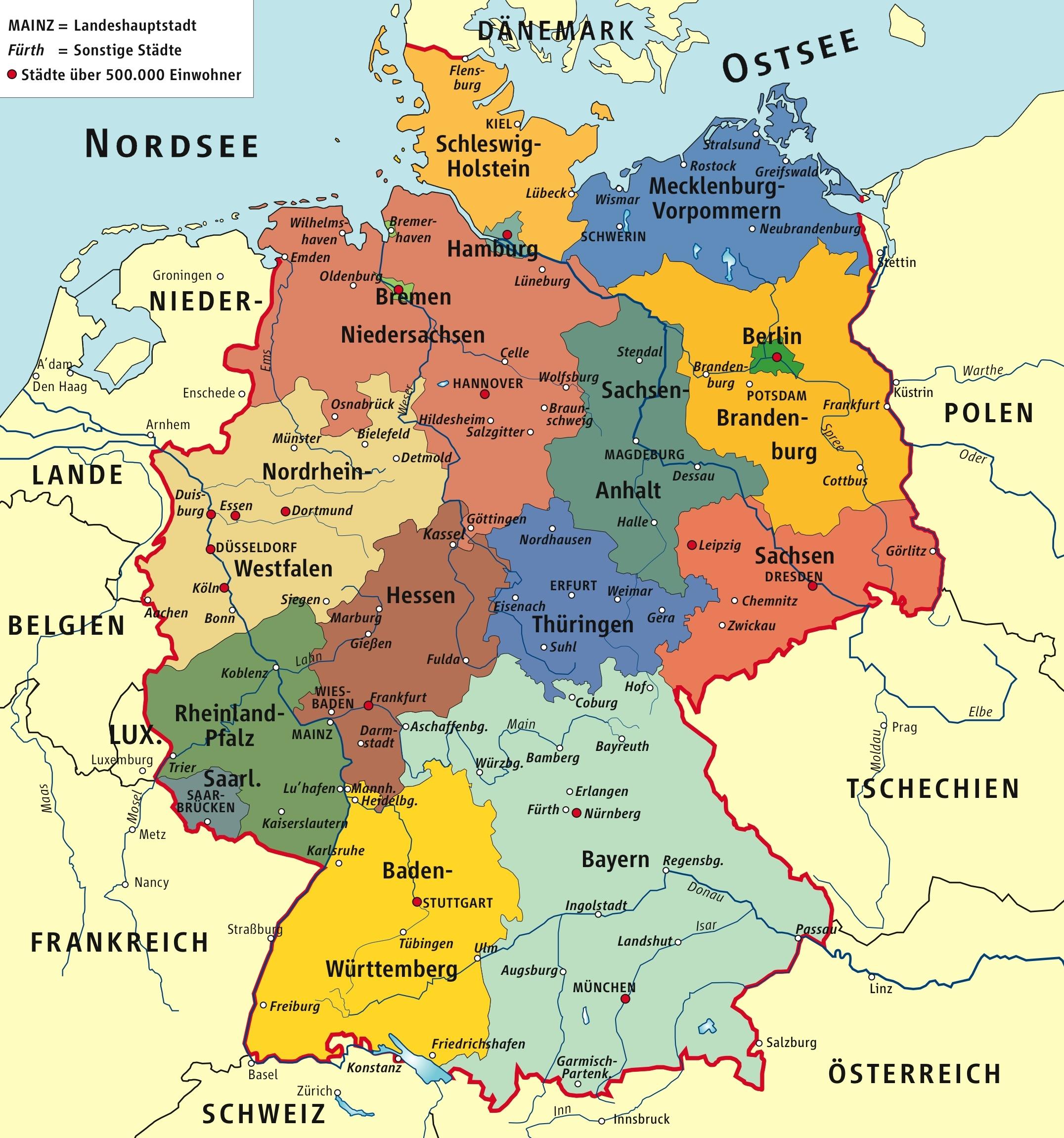Howdy!
My book has been selling fairly well for an academic press. Have had just a couple of in-person events to promote it. This past weekend was a big one and had a line of people at my table to buy the book. I think I mentioned before, if any of you know any local history groups, I'm happy to speak to them and talk about my topic, provided I can sell books there.
In other exciting news, I start teaching as an adjunct instructor of history at Texas A&M San Antonio in the fall. I will be teaching US history from 1865 on. Now, my experience is better suited to earlier US history, but I know it all pretty well. I've got a book to teach from, but it's basically just a general outline of the major points. I'm looking for key things to talk about, maybe tidbits to teach my students to make it relevant and interesting. Things they won't know, or things to get them interested in history. Viginettes, for instance. I've got some good ideas for the World Wars, need to think a bit more on labor history and some of those things. But feel free to just toss out ideas and why they're relevant to young kids (mostly freshmen).
For example, in talking about the 60s, maybe Jim Jones or the Weather Underground or whatever. One thing I don't want to do is get political. Yes, there are subtle interpretations to everything, but I don't think the job of a teacher is to tell the kids what to think. I do want to expose them to things that will challenge what they may have been taught to believe by society, but again, I think it's about exposing to counter viewpoints, not tell them what to think. And I think that should come from both "sides" as it were.
So, here's a chance for you to expound on what you think should be in a curriculum and why. Not saying I'll use it, but figure I'd crowdsource a bit and see what ideas emerge.
My book has been selling fairly well for an academic press. Have had just a couple of in-person events to promote it. This past weekend was a big one and had a line of people at my table to buy the book. I think I mentioned before, if any of you know any local history groups, I'm happy to speak to them and talk about my topic, provided I can sell books there.
In other exciting news, I start teaching as an adjunct instructor of history at Texas A&M San Antonio in the fall. I will be teaching US history from 1865 on. Now, my experience is better suited to earlier US history, but I know it all pretty well. I've got a book to teach from, but it's basically just a general outline of the major points. I'm looking for key things to talk about, maybe tidbits to teach my students to make it relevant and interesting. Things they won't know, or things to get them interested in history. Viginettes, for instance. I've got some good ideas for the World Wars, need to think a bit more on labor history and some of those things. But feel free to just toss out ideas and why they're relevant to young kids (mostly freshmen).
For example, in talking about the 60s, maybe Jim Jones or the Weather Underground or whatever. One thing I don't want to do is get political. Yes, there are subtle interpretations to everything, but I don't think the job of a teacher is to tell the kids what to think. I do want to expose them to things that will challenge what they may have been taught to believe by society, but again, I think it's about exposing to counter viewpoints, not tell them what to think. And I think that should come from both "sides" as it were.
So, here's a chance for you to expound on what you think should be in a curriculum and why. Not saying I'll use it, but figure I'd crowdsource a bit and see what ideas emerge.

